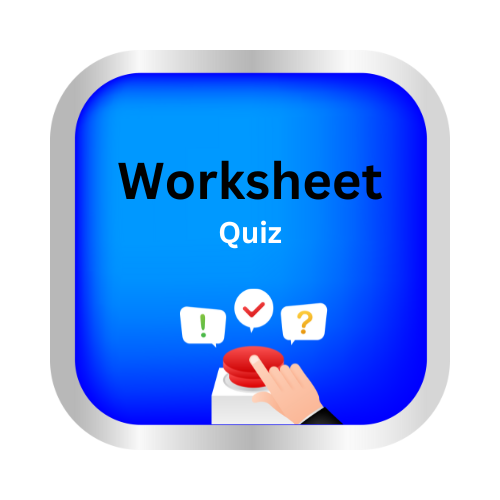Use relative pronouns: who and whom
Design by Delta publications
Key Notes:
| Relative Pronouns: Who & Whom |
Relative pronouns connect a clause or phrase to a noun.
They help give more information about a person or thing.
| Who (🙋♂️ / 🙋♀️) |
- Use “who” as the subject of a relative clause.
- It refers to people.
Formula:Who + verb
Examples:
- The girl who sings beautifully is my sister. 🎤🎶
- He is the teacher who teaches us math. 🧮📚
✅ Tip: If you can replace it with he/she/they, use who.
| Whom (🧑🎓 / 👩🎓) |
- Use “whom” as the object of a relative clause.
- It also refers to people.
Formula:Whom + subject + verb
Examples:
- The boy whom I met yesterday is my friend. 🤝
- She is the student whom the principal praised. 🏆
✅ Tip: If you can replace it with him/her/them, use whom.
| Quick Trick to Remember 🧠💡 |
- Who = Subject → does the action
- Whom = Object → receives the action
Example:
- Who called you? 📞 → Who = subject
- To whom did you give the book? 📖 → Whom = object
| Common Mistakes ❌ |
- Incorrect: The man whom helped me.
- Correct: The man who helped me. ✅
- Incorrect: The woman who I spoke to was kind.
- Correct: The woman whom I spoke to was kind. ✅
| Practice Sentences ✏️ |
- This is the girl who / whom won the painting contest. 🖌️🏅
- The actor who / whom I met was very friendly. 🎬🤝
- Students who / whom study hard get good marks. 📚✍️

